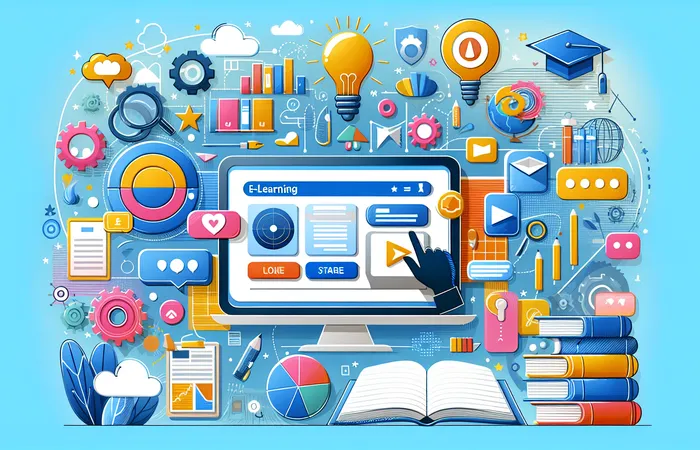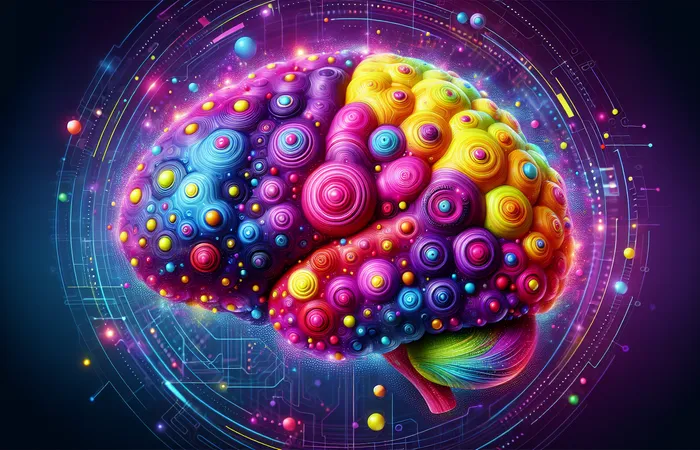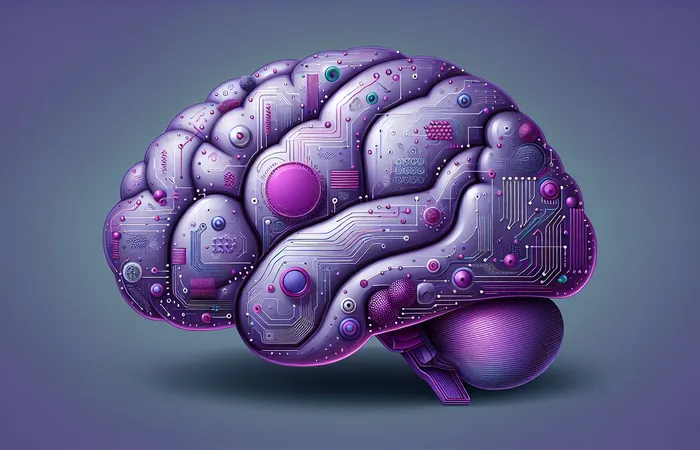Why Personalized Learning Matters in Corporate Sector

In today's fast-paced corporate world, personalized learning is revolutionizing training methods, maximizing effectiveness, and enhancing engagement. Here's why it matters and how it's changing corporate training dynamics.
The Shift Towards Personalized Learning
In recent years, corporate training has evolved significantly, driven by technology and changing workforce expectations. One standout trend is the shift towards personalized learning experiences. This approach tailors educational content to individual learner needs, preferences, and job roles, as opposed to the traditional one-size-fits-all model.
Why Personalized Learning?
- Higher Engagement and Retention Rates
Engaging employees in training sessions can be challenging. Personalized learning helps bridge the gap by keeping learners interested through content specifically relevant to them. When employees find the material applicable, they're more likely to retain information and apply it effectively on the job. - Adaptability to Different Learning Styles
Everyone learns differently; some prefer visual aids, while others respond better to interactive or auditory materials. Personalized learning programs leverage data and analytics to adapt content to individual learning styles, improving comprehension and productivity. - Timely and Relevant Content
In a fast-changing corporate environment, staying updated with the latest skills and knowledge is crucial. Personalized learning enables quick updates of training content, ensuring it remains relevant to evolving business landscapes. This is particularly vital in industries heavily impacted by technological advancements.
The Role of AI in Personalized Learning
Artificial intelligence (AI) has become a cornerstone in the development of personalized learning environments. Platforms like Skill5 provide AI-powered training solutions, transforming how organizations deliver corporate education. AI helps:
- Analyze Learner Data: By collecting and analyzing data on learner behavior, AI systems can understand individual progress, strengths, and areas needing improvement.
- Personalize Learning Paths: Algorithms can generate customized learning paths, directing employees to resources that align with their specific learning objectives and organizational goals.
- Predict Learning Outcomes: AI can predict training outcomes and recommend interventions to ensure crucial skills are acquired effectively.
Using such technologies results in tailored experiences that significantly enhance learning satisfaction and efficiency.
Implementing Personalized Learning in Corporations
The path to integrating personalized learning in your organization involves several key steps:
- Assess Current Training Programs
Review existing training modules to evaluate their effectiveness and identify areas for improvement. This process should highlight the potential benefits of personalization in increasing program success. - Incorporate Technology Solutions
Choose platforms capable of supporting a personalized learning experience. Skill5 Academy is a compelling option, providing micro-courses powered by AI, ideal for upskilling the workforce quickly and efficiently. - Engage Employees in the Process
Gathering feedback from employees is crucial in designing a system that meets their needs. Involve them in discussions about their learning preferences and the challenges they face with current training programs. - Monitor and Adjust
Continuous monitoring of training outcomes is essential to ensure effectiveness. Use data gathered from AI analytics to adjust and refine learning strategies, making them increasingly responsive to employee needs.
Measuring the Impact
Determining the impact of personalized learning involves looking at key performance indicators (KPIs) such as:
- Employee Satisfaction: Are employees more satisfied with training experiences now? Do they feel they've gained relevant skills?
- Performance Metrics: Has there been an improvement in job performance post training? Are employees hitting their targets more consistently?
- Retention Rates: An increase in employee retention can often point to successful training initiatives shaping a positive working environment.
- Cost–Benefit Analysis: Analyze the financial implications of personalized learning to assess whether the investment yields marketable benefits.
Conclusion
Personalized learning is more than just a trend—it's a necessity in modern corporate training. By centering on personalized content delivery, organizations can ensure employees remain engaged, competent, and equipped with the skills needed to thrive in a dynamic work environment. Embracing technologies such as Skill5's AI-driven solutions can facilitate this transition, leading to an effective and future-ready workforce.



